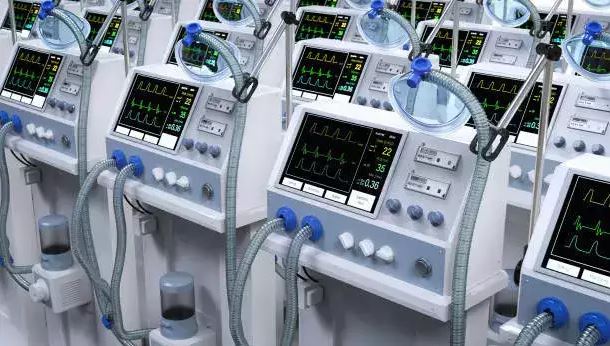Even as the Centre has listed the New Drugs, Medical Devices and Cosmetics Bill, 2023 to be tabled in Parliament during the current session, industry members are apprehensive that the new bill may mean centralisation of licensing and other powers to the Central drug regulatory authority and it may also have provisions which may harm the existence of small and medium level pharma companies.
The Centre has listed the new Bill, which is expected to replace the over 80-year old existing Drugs and Cosmetics Act, 1940 to regulate the import, manufacturing, distribution and sale of drugs, medical devices and cosmetics, ensuring quality, safety, efficacy, performance and clinical trial of new drugs and clinical investigation of investigational medical devices among others, apart from regulations on Ayush drugs, and others.
However, industry representatives have raised their concerns that the current structure is that the Centre would formulate the legislations and the States have the onus to implement them and regulate manufacture and sale of medicines, but the new Bill may look at concentrating more powers at the Centre in the wake of quality concerns raised both in India and overseas on the drugs manufactured in the country.
One of the main concerns raised is that while the government has released a New Drugs, Medical Devices and Cosmetics Bill, 2022 last year, the details of the new bill which has been listed to be tabled in Parliament in the ongoing session is not known as such. The Bill is also allegedly not presented to the Parliamentary Standing Committee. It has to be brought out and discussed and debated before finalising.
An industry member, on condition of anonymity, commented that the Section 41(5) of the proposed Bill creates a Central Licensing Approving Authority. No unit can be licensed without its approval and the Section 41 (6) of the Bill empowers the Central Government to assume control of manufacture and sale of medicines by issuing a Notification. Section 68(2) enables the Central government to cancel any licence.
Considering that the Constitution clearly defines the role of the Centre and State in terms of such powers, bringing in these changes may require moving the Drugs to the Union List.
It is alleged that the Centre had tried to centralise the powers of drug regulation earlier and this has been mooted often in the recent past as a means to address the current quality related issues which has impacted the image of India in foreign countries.
The alleged corruption in the central drug regulatory agency is another point they raise against the centralisation of these powers.
“The qualifications and eligibility of CDSCO Inspectors is the same as Inspectors appointed by state governments. While the State inspectors are answerable to multi-tiers of state government which is accessible, CDSCO inspectors enjoy freedom which raises their corruption levels,” said the expert.
The move may also impact the survival of the Micro, Small and Medium Enterprises (MSME) in the sector, while supporting the large pharma companies and multinationals, alleged the expert.
It may be noted that the Association of Indian Medical Device Industry (AiMeD) has recently raised its apprehensions on the lack of adequate discussions with the stakeholders prior to tabling of the new Bill. Reports quoting the association said that the move to introduce and pass the legislation to regulate drugs and medical devices has been done without holding any discussion with the major stakeholders.
The Medical Technology Association of India (MTaI) has also said that the draft of New Drugs, Medical Devices and Cosmetics Bill, 2023 has not been shared with the industry and it strongly recommends that the industry is consulted and given opportunity to submit their recommendations before the Bill is finalised.
Advancing the inclusive approach that the government has adopted so far, it would help to avoid blind spots and enable supply of quality products to continue uninterrupted, it said.
According to another report, the minister for health and family welfare Dr Mansukh Mandaviya has assured AiMeD that the government will discuss the bill with the stakeholders.




